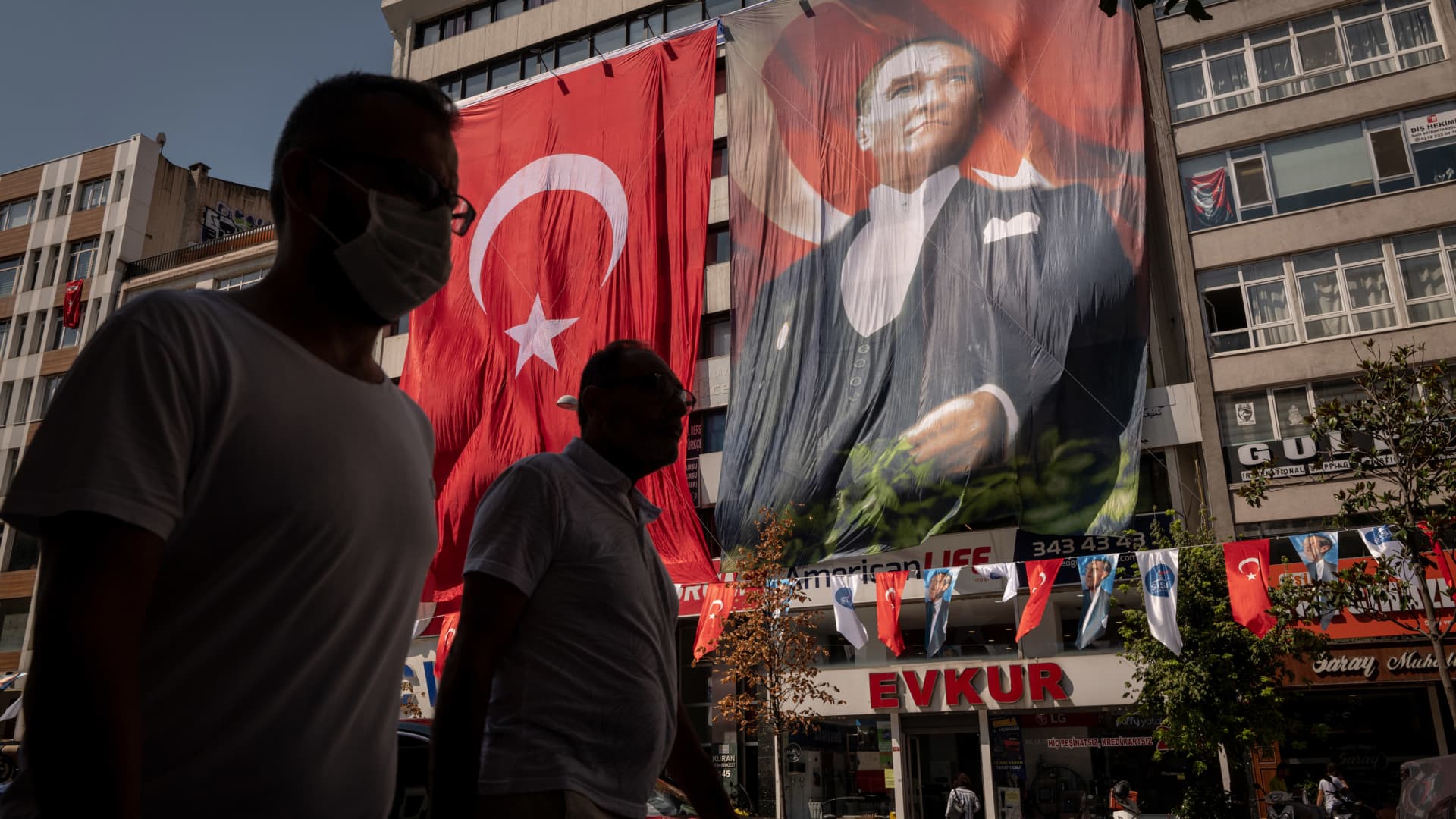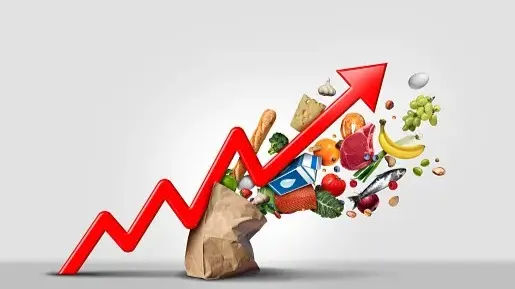The latest data from the Turkish Statistical Institute indicate an acceleration in consumer prices with annual inflation hitting 69.8% for the month of April. This is the highest rate since November 2022 in Turkey.

Also Read: Microsoft Announces $2.2bn Investment in Malaysia on AI and Cloud
Consumer prices surged by 69.8% year-on-year, up from 68.5% in March. Expectations hovering just above the 70% mark.
The central bank’s preferred gauge of monthly price growth remained steady at 3.18% the upward momentum in inflationary pressures.
This indicates that the inflationary surge is not a temporary blip but rather a phenomenon that requires concerted policy action.
Turkey’s central bank has responded to the inflationary spiral with aggressive interest rate hikes raising its rate to 50% from 8.5% in June.
The surge in inflation has implications for the Turkish economy, affecting consumer purchasing power, investor sentiment, and international trade dynamics.
With inflationary pressures showing no signs of abating, policymakers face the task of balancing growth objectives with the imperative of price stability.
Services inflation accelerated to an annual rate of 97%, showing the broad-based nature of price pressures across different segments of the economy.
Price gains in core consumer goods excluding volatile items such as food and energy accelerated to 75.8% annually.
This indicates that the inflationary surge is not confined to specific sectors but rather permeates the economy.
Turkey’s local bonds, once a magnet for foreign investors have witnessed sluggish inflows in recent months despite offering high returns.
Also Read: Walmart Launches Bettergoods, Largest Private Grocery Brand in Decades
The escalation in inflationary pressures and the erosion of purchasing power have dampened investor appetite for Turkish assets contributing to capital outflows.
Some Wall Street banks, including Citigroup Inc. and JPMorgan Chase & Co., have recommended buying the lira.
Monthly price growth remained steadfast at 3.18%. This metric preferred by the central bank provides insight into the ongoing battle against rising prices.
Turkey’s central bank went on a decisive course of action raising its interest rate to 50% from a modest 8.5% in June. This policy shows a departure from previous approaches.
Hopes for imminent interest rate cuts remain elusive with economists addressing the imperative of maintaining a vigilant stance against inflationary pressures.
The Turkish lira has weathered depreciation, nearly 80% of its value since the onset of 2021. The lira’s relative stability in April offers a hope during turbulent market conditions.
Foreign investment inflows have remained tepid. Prominent Wall Street institutions, including Citigroup Inc. and JPMorgan Chase & Co., cautiously advocate for investment in the lira during evolving market.
Monetary policy is to remain stringent until sustained declines in inflationary trends materialize. Policymakers stand ready to implement further interest rate hikes should inflationary pressures persist.
Public sentiment remains pessimistic with citizens projecting inflation to skyrocket to 96% by year-end. Lingering inflationary concerns particularly within the services sector, pose obstacles to economic stability and public confidence.
Also Read: Dubai to Build a $35 Billion New Terminal at Al Maktoum Airport





